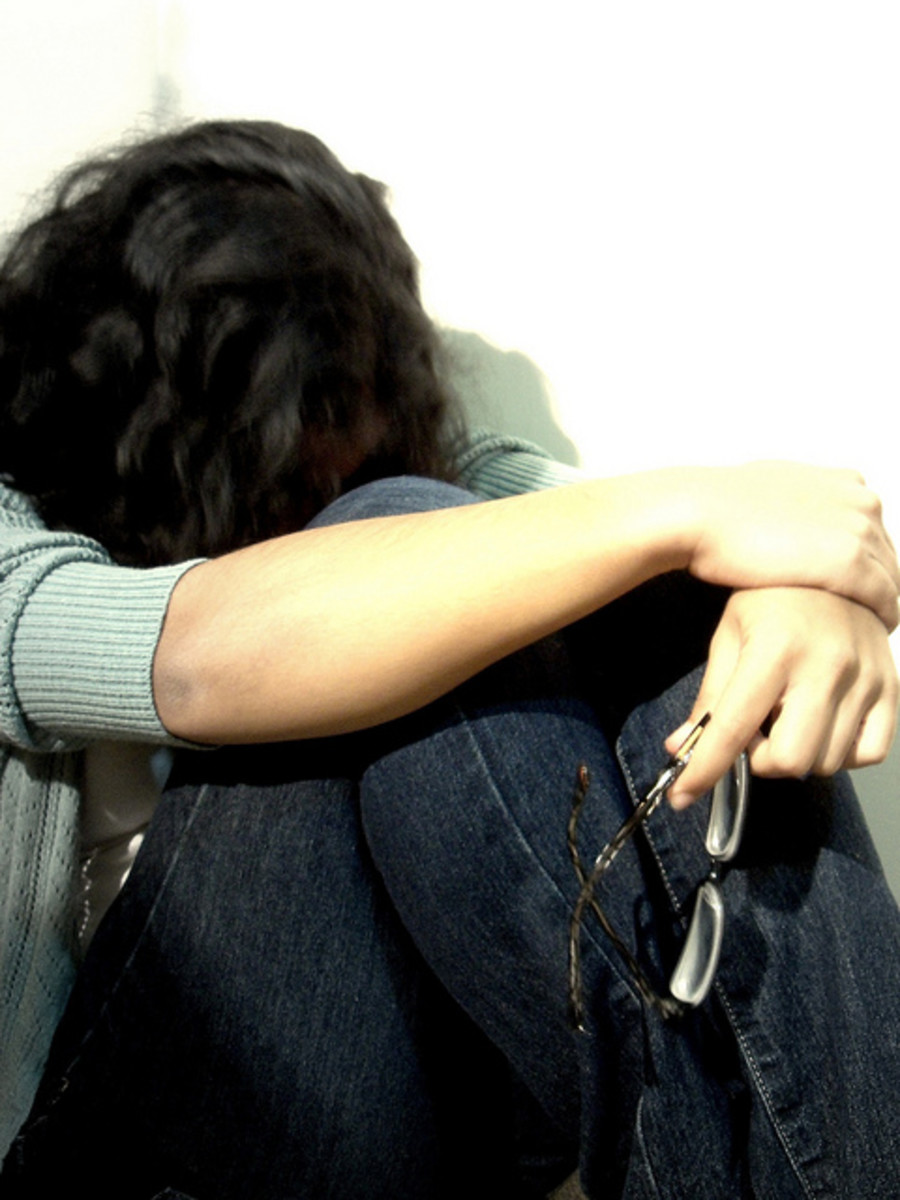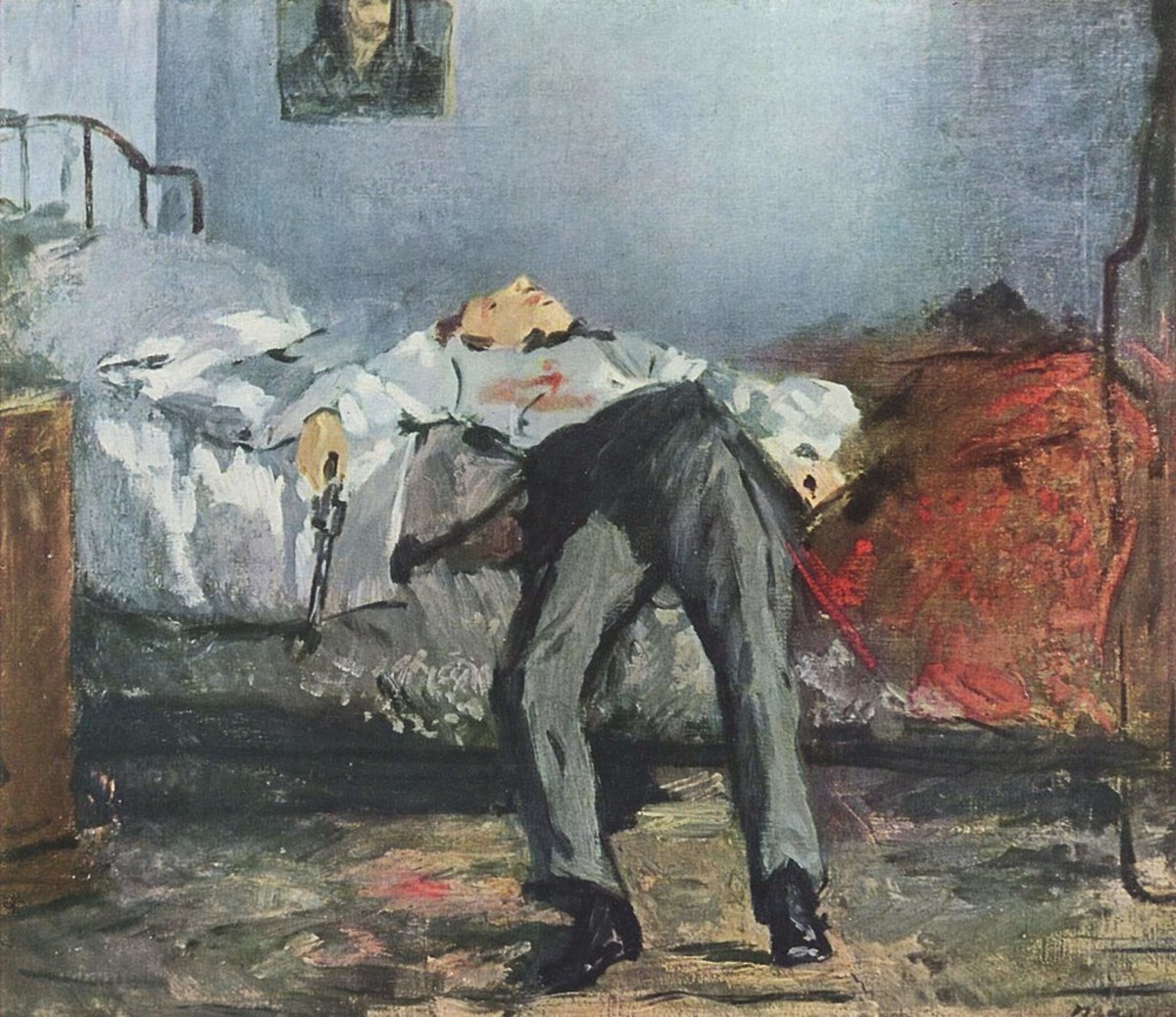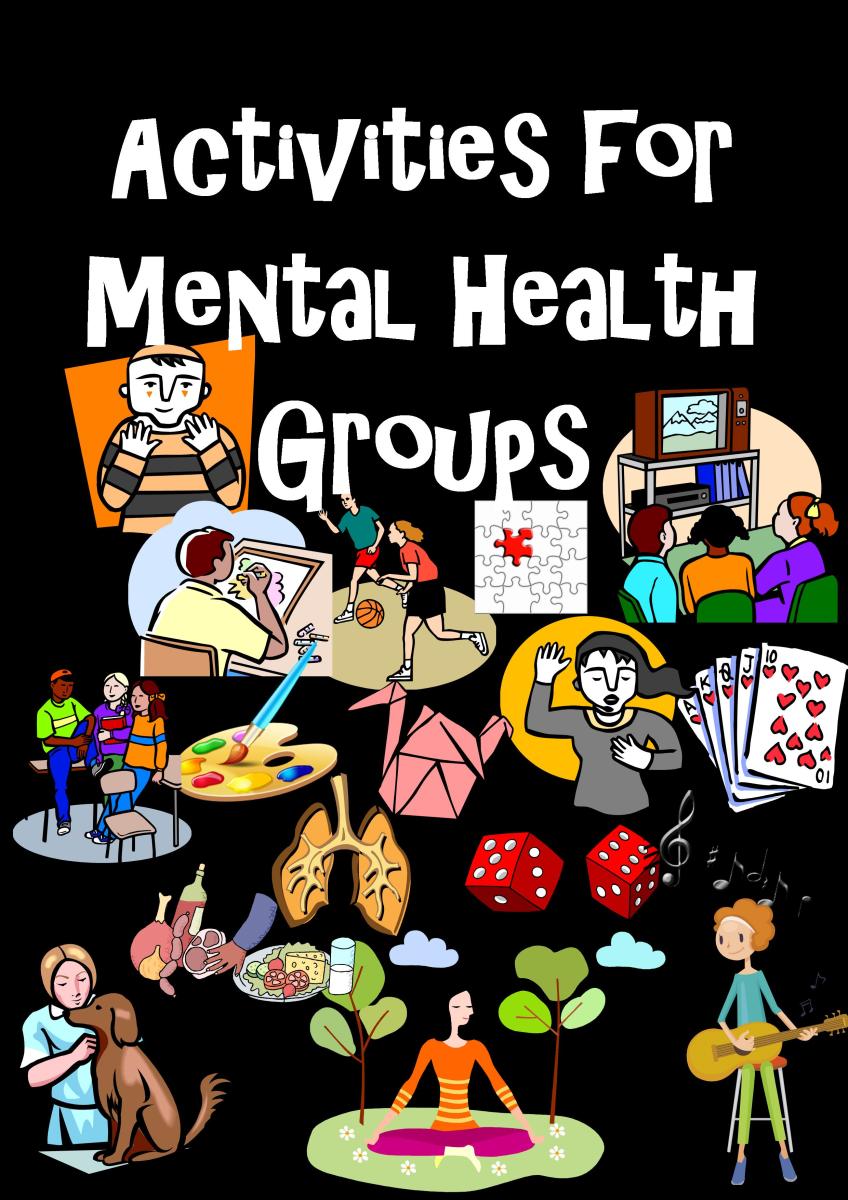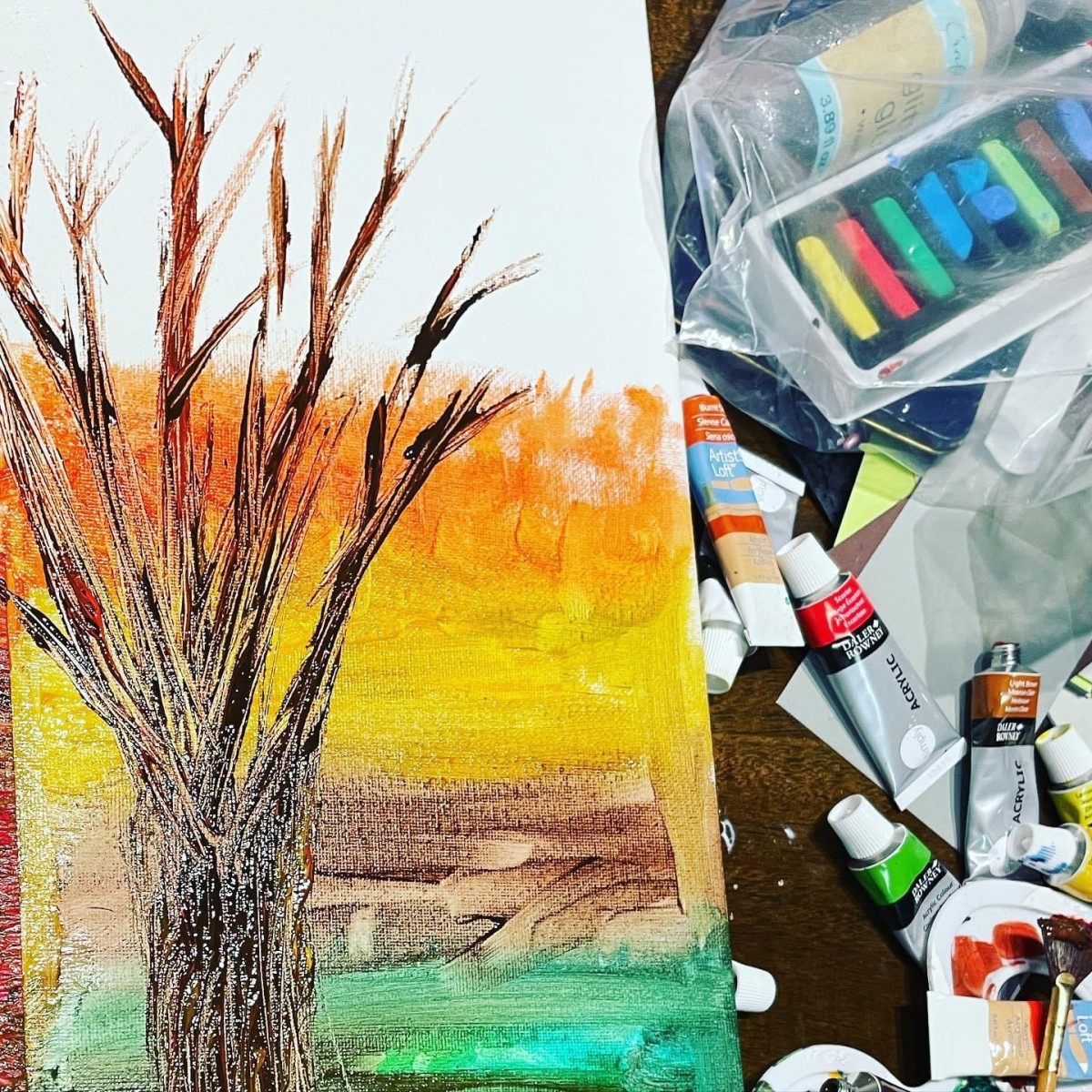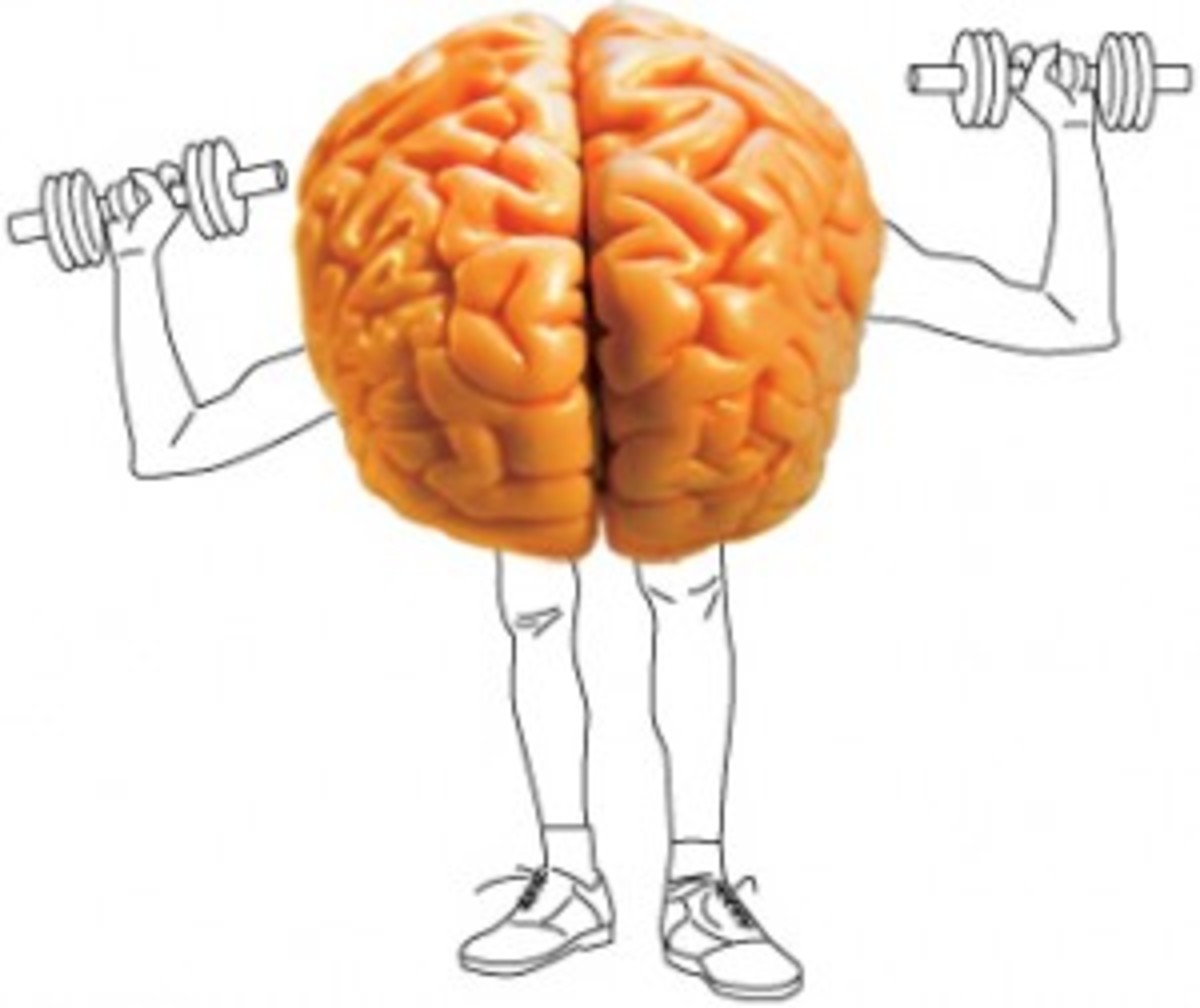Psychiatric Emergencies: Health Significance Of Suicide, Anxiety, Panic And Psychotic Excitement
Psychiatric Emergencies
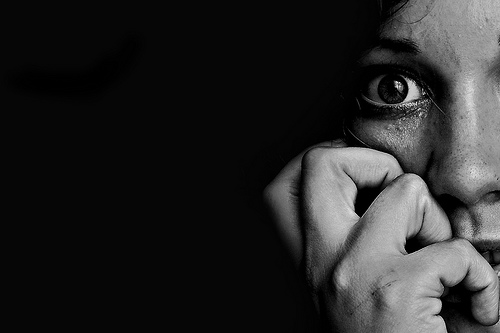
Introduction
These are situations demanding urgent psychiatric intervention to avoid danger to the individual or to others. Suicide, acute psychotic excitement, acute intoxication, acute anxiety and panic reactions are the common psychiatric emergencies. In suicide, anxiety and panic reactions, the risk is confined to the patient but in psychotic excitement and intoxication, the patient may injure himself as well as others and destroy property.
suicide
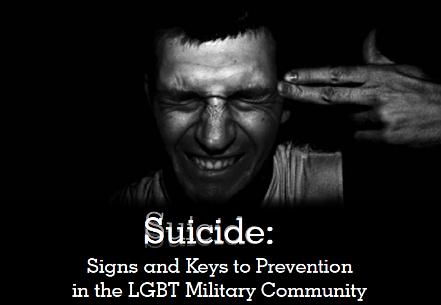
Suicide
Suicide is the attempt to kill oneself. This action may be successfully carried out (suicide). Sometimes, this may remain as an unsuccessful attempt (attempted suicide or parasuicide, deliberate self-harm). The intent to kill himself may not be present in attempted suicide, but may be a call for attention and help.
Causes:
- Psychiatric disorders: In the majority of cases, suicides result from psychological disturbances, suicidal tendency is seen in depression, schizophrenia, epilepsy, personality disorders, hysteria and alcoholism, the commonest being depression.
- Chronic debilitating illnesses
- Social factors: Suicide rates are high among persons who are socially isolated and with poor social integration. Administrators, executives and professionals run a higher risk compared to skilled and semiskilled workers. Suicide is more common among adolescents and old people.
- Personality crisis: The risk of suicide is high during periods of personality crisis, bereavement, and maladjustment in the family.
Management: This consists of hospitalization, detection of the underlying causes, and proper couselling.
Psychiatric Emergencies
Acute Psychotic Excitement: The American Psycho

Acute Anxiety And Psychotic Excitement
Acute Anxiety And Panice
These are situations in which there is intense fear of impending danger or catastrophy. These subjects show the features of concomitant anxiety. Several physical illnesses may be mimicked. For example, epigastric pain, palpitation and profuse sweating may resemble acute myocardial infarction.
Treatment: This acute reaction can be overcome by the intravenous administration of drugs such as diazepam 10 mg. Further management consists of reassuring the patient and his family. The underlying cause should be treated.
Acute Psychotic Excitement
These patients show overactivity, aggressive, destructive and violent behaviours, irrelevant delusions and hallucinations. They may commit homicide during their attacks. Such patients lack insight and they may refuse to take medication. They should be tactfully dealt with. Physical force may have to be used when the patient is violent. Injection of haloperidol in doses of 10 mg intramuscularly or intravenously or chlorpromazine hydrochloride 100 mg intramuscularly are used to control the excitement.
© 2014 Funom Theophilus Makama




